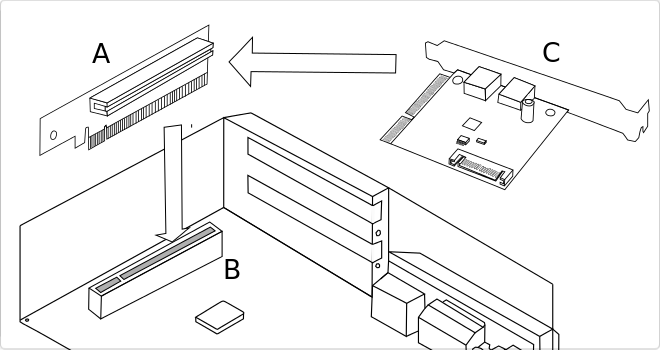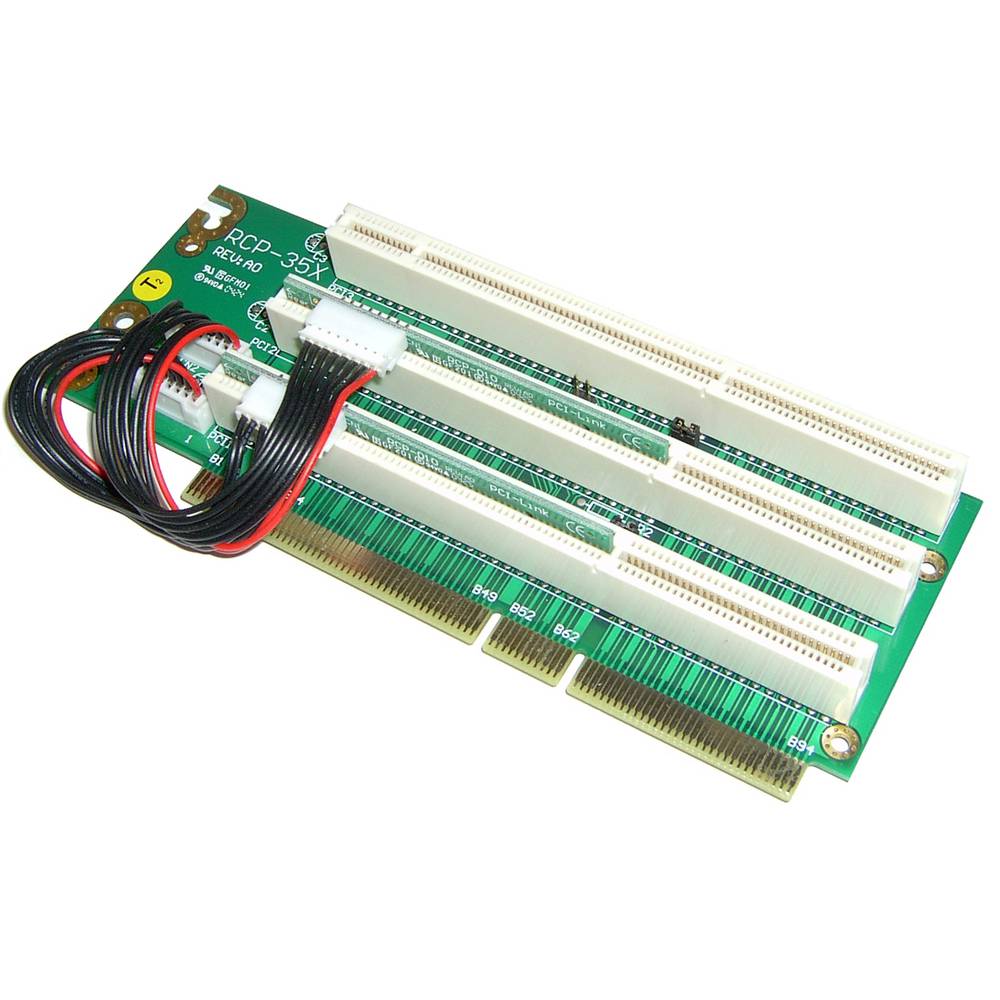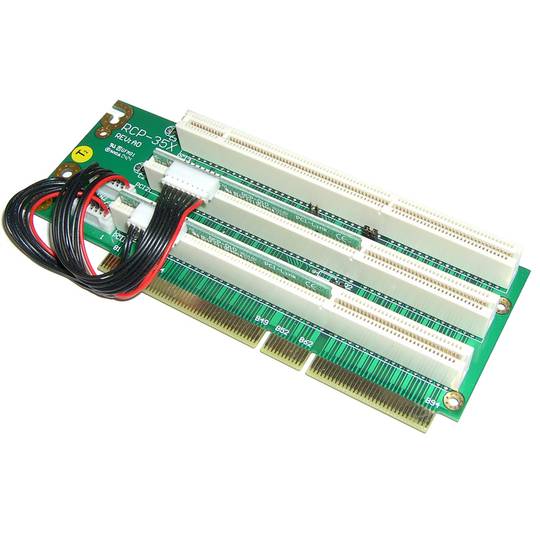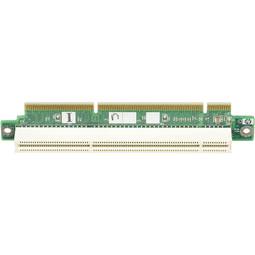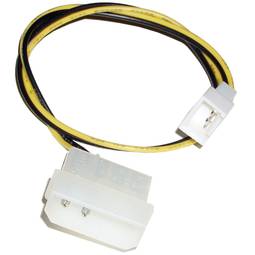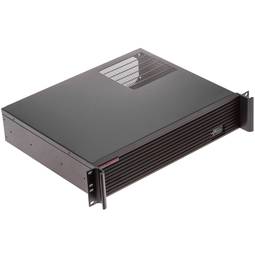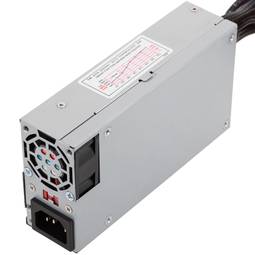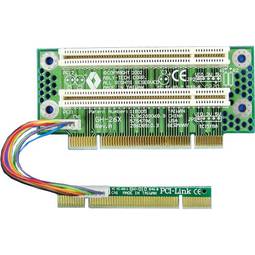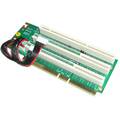08/26/2025 7:04 p.m.
https://cablematic.com/en/products/riser-card-6588mm-3-upci64-33v50v-CR058/
https://cablematic.com/en/products/riser-card-6588mm-3-upci64-33v50v-CR058/
Riser Card 65.88mm (3 uPCI64 3.3V/5.0V)
REF: CR058
Specifications
- Three 64-bit uPCI slots (3.3V and 5.0V)
- horizontal layout
- 2-layer board design
- Protection against electric shock
- Ideal for servers
PVP
€4.56
Price including VAT:
€4.56
PVD
€4.33
PVP: Retail price.
Check conditions.
PVP: Sale price to distributors.
Check conditions.
Buy before:
Receive it:
Tuesday 2
Delivery times are approximate. Cablematic is not responsible for delays.
warranty
returns
safe
Specifications
- Three 64-bit uPCI slots (3.3V and 5.0V)
- horizontal layout
- 2-layer board design
- Protection against electric shock
- Ideal for servers
Keywords
Did not find what you were looking for? These topic could help you
More info
Ideal card for users with three 64-bit uPCI slots (3.3V and 5.0V) in a horizontal layout. Designed with a two-layer board, this card provides reliable protection against electrical shock. Its installation requires three slots for its correct operation. Perfect solution for a safe and efficient connection.
Specifications
Specifications
- Three 64-bit uPCI slots (3.3V and 5.0V)
- horizontal layout
- 2-layer board design
- Protection against electric shock
- Ideal for servers
- Connection to 64-bit platforms
- Compatible with ATX motherboards
- Higher data transfer speed
- Gross Weight: 110 g
- Product size (width x depth x height): 16.0 x 5.0 x 2.0 cm
- Number of packages: 1
- Packages size: 16.0 x 5.0 x 2.0 cm
Technical terms
- riser card
riser card
Riser Card (A) is the name given to the board that contains the printed circuit, which through signal connectors is capable of transmitting data and power using a single connector.
This type of connector is compatible with motherboards or expansion slots (B), which is responsible for managing and distributing the signals, although we can also find that this communication is carried out by cable, using flex connection hoses.
The main function of a riser card is to be able to adapt an expansion card (C) in a system in which it is possible due to size or distribution, normally creating an angle of 90° between the plate and the card.
For example, a riser card could be used in a low profile PC to accommodate a larger size card or a 1U PC case could be fitted to accommodate larger cards.
This type of connector is compatible with motherboards or expansion slots (B), which is responsible for managing and distributing the signals, although we can also find that this communication is carried out by cable, using flex connection hoses.
The main function of a riser card is to be able to adapt an expansion card (C) in a system in which it is possible due to size or distribution, normally creating an angle of 90° between the plate and the card.
For example, a riser card could be used in a low profile PC to accommodate a larger size card or a 1U PC case could be fitted to accommodate larger cards.
